Today I was back in Whitehall and re-visiting Portcullis House.
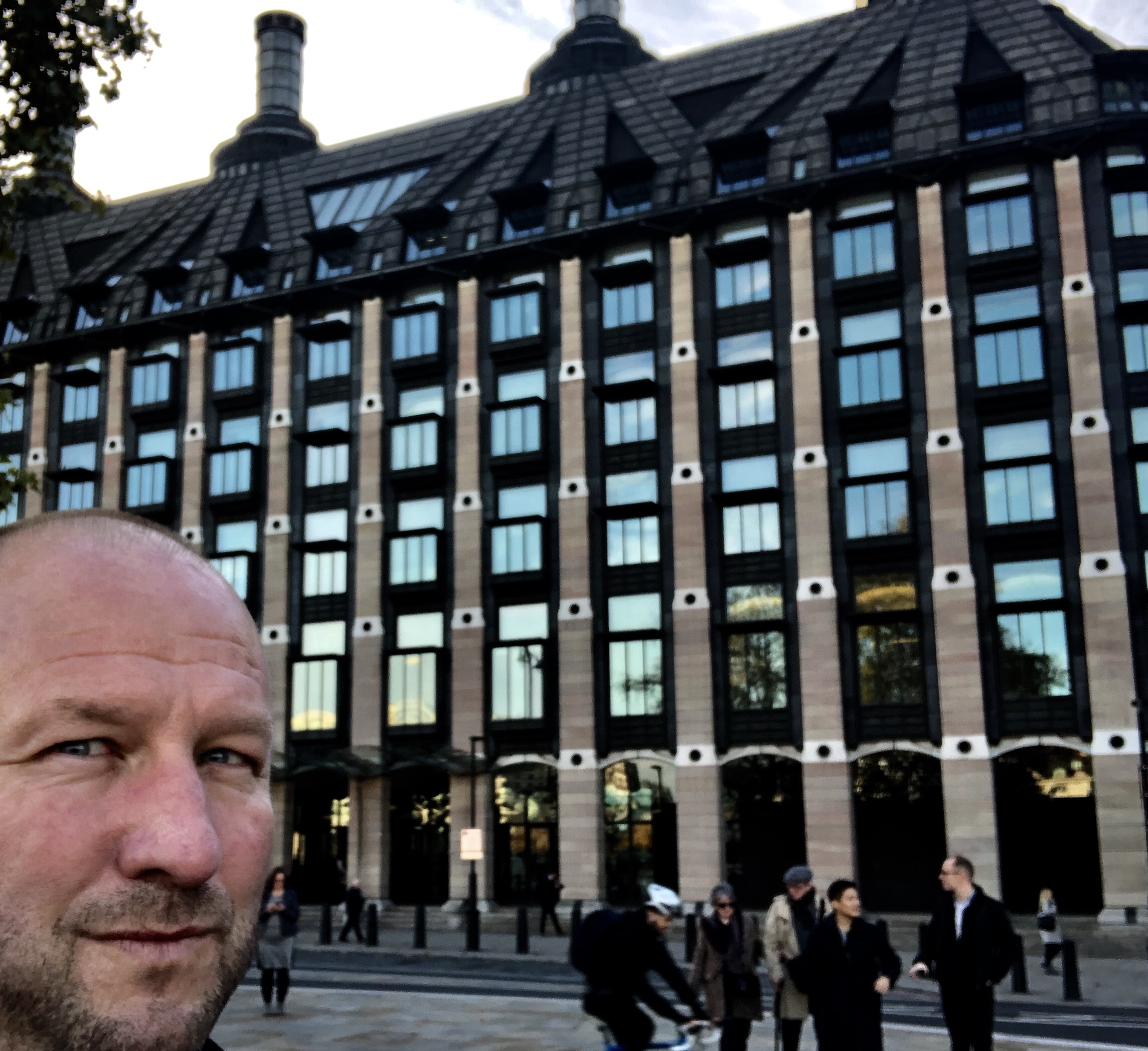
I was invited to speak and advise the UK Parliament, House of Commons Northern Ireland Affairs Committee on SmartBorders and possible solutions for the land border on the island of Irealand.
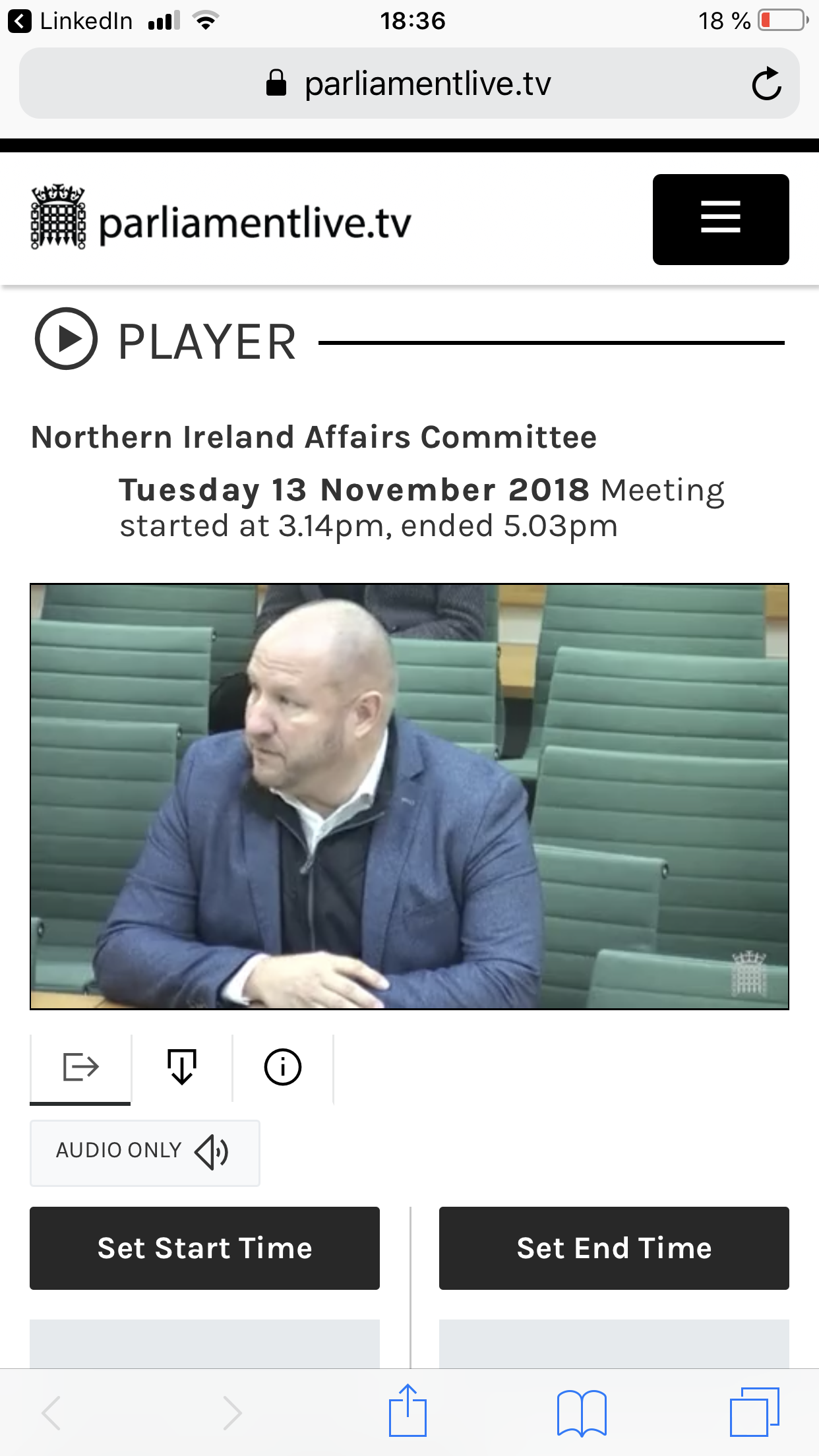
It was an interesting discussion with the MPs that lasted much longer than planned, almost two hours.
The Chairperson of the Committee was very positive and displayed sincere gratitude for my participation. As I said to the committee, I am honored and pleased to contribute with my competence and experience in this challenging moment in time. I will continue to do so also in the future.
The hearing was broadcasted live by Parliament TV and you can see it here: Lars Karlsson in hearing with the House of Commons, Northern Ireland Affairs Committee
Today I spoke on the opening panel at Smarter Border Management 2018 conference in London.
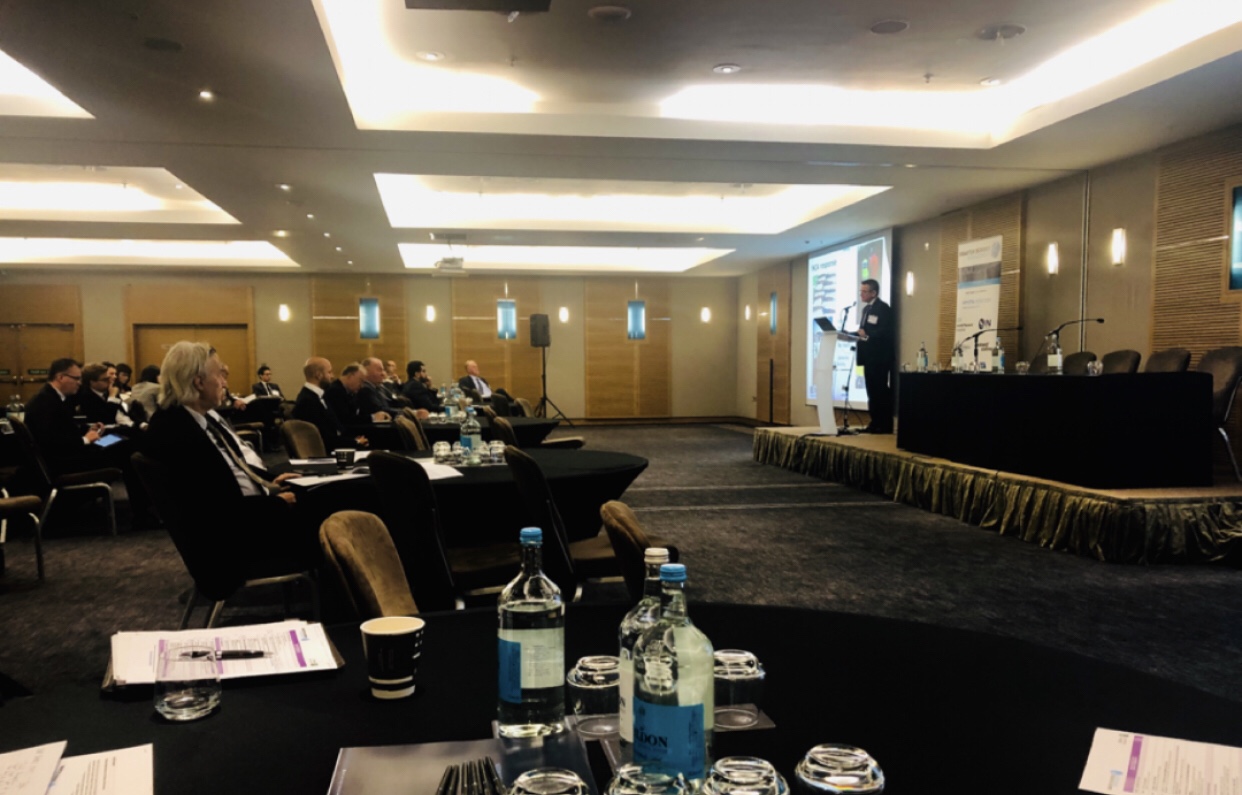
The topic of the panel was Brexit, SmartBorders and 100% frictionless borders.
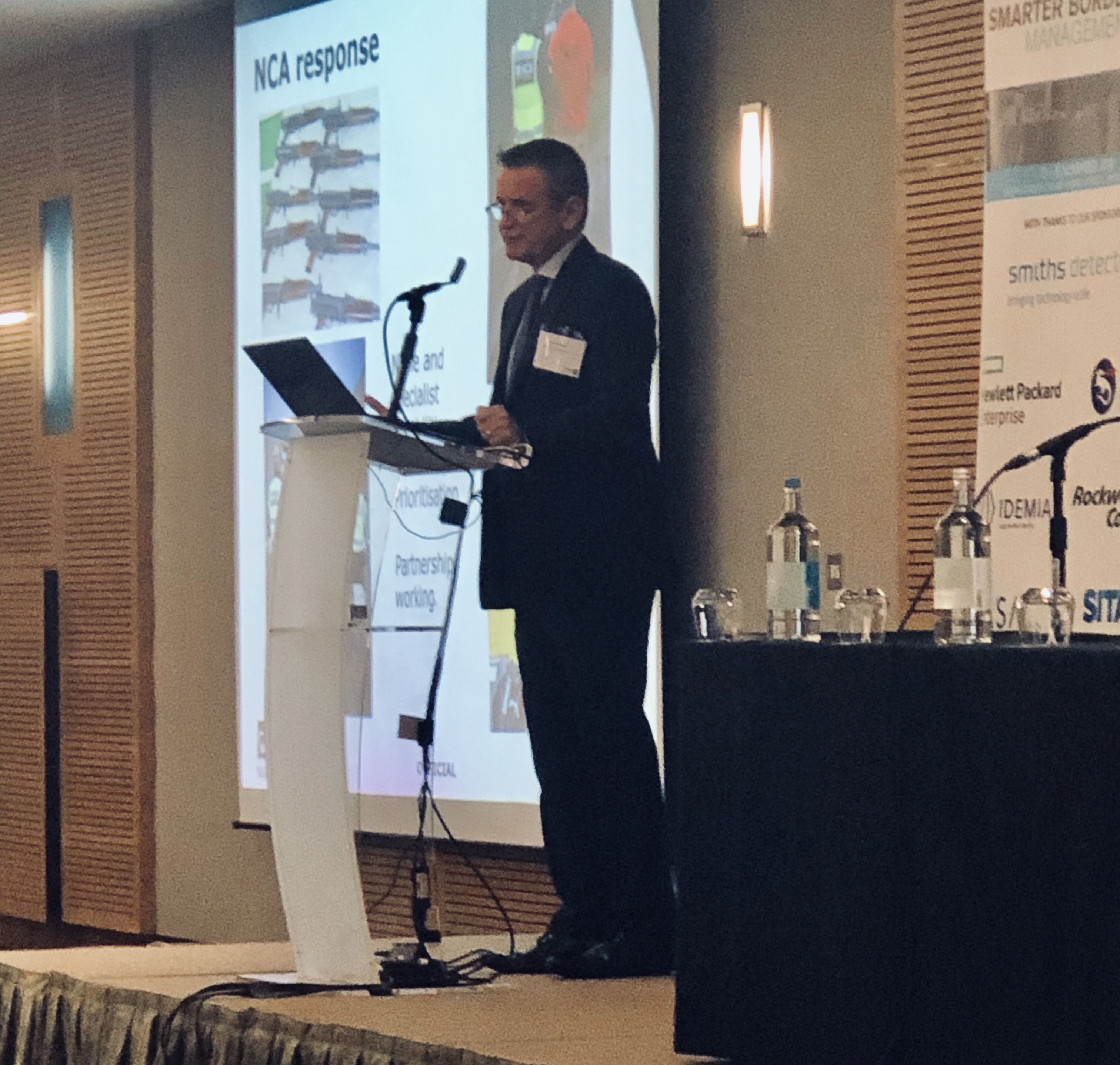
Tom Dowdall from National Crime Agency delivered a great speech about Border Security.
Today I am in Lille, France for the legendary Odette 2018 conference.
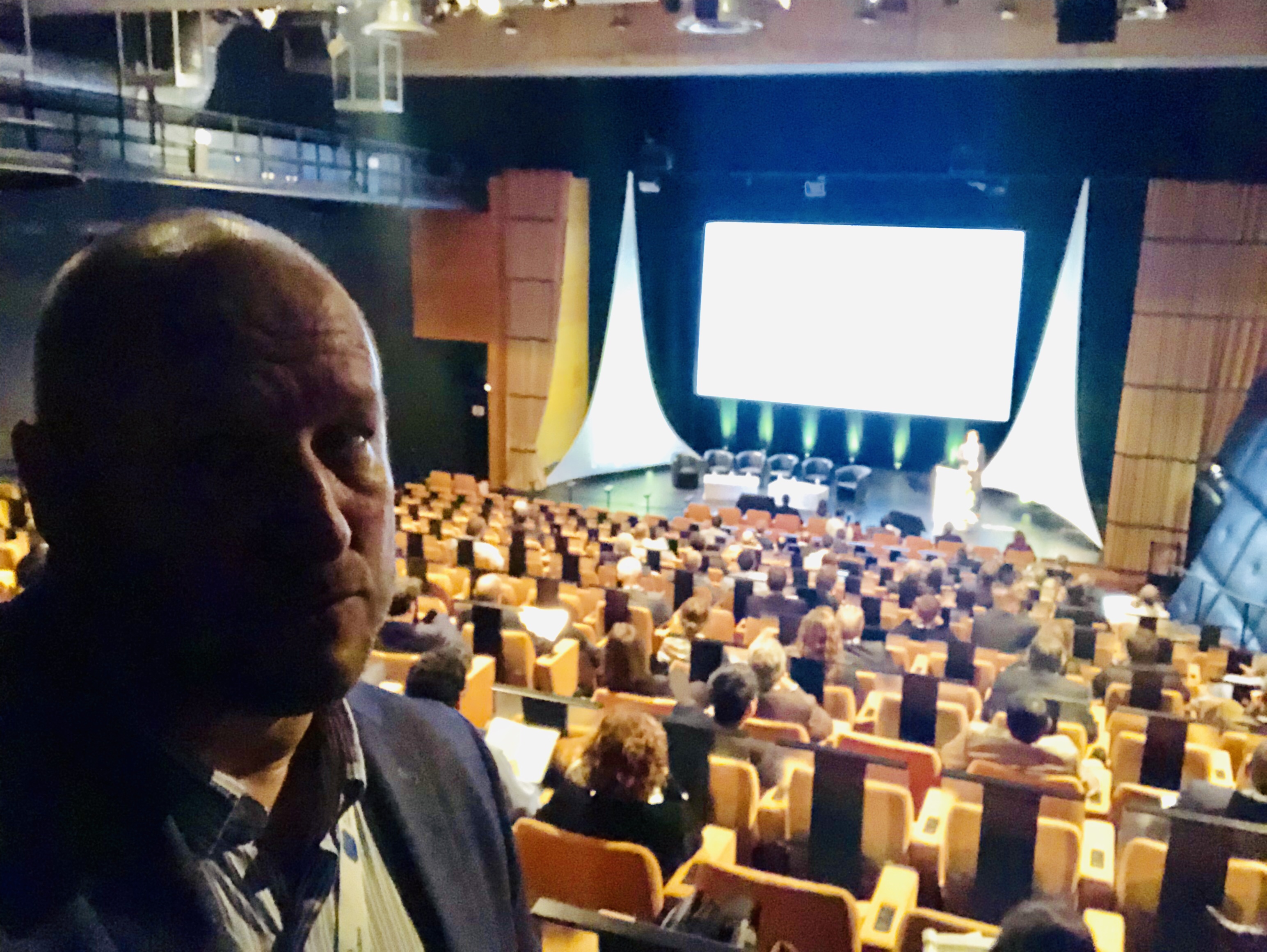
Odette is known as being at the forefront of technology.
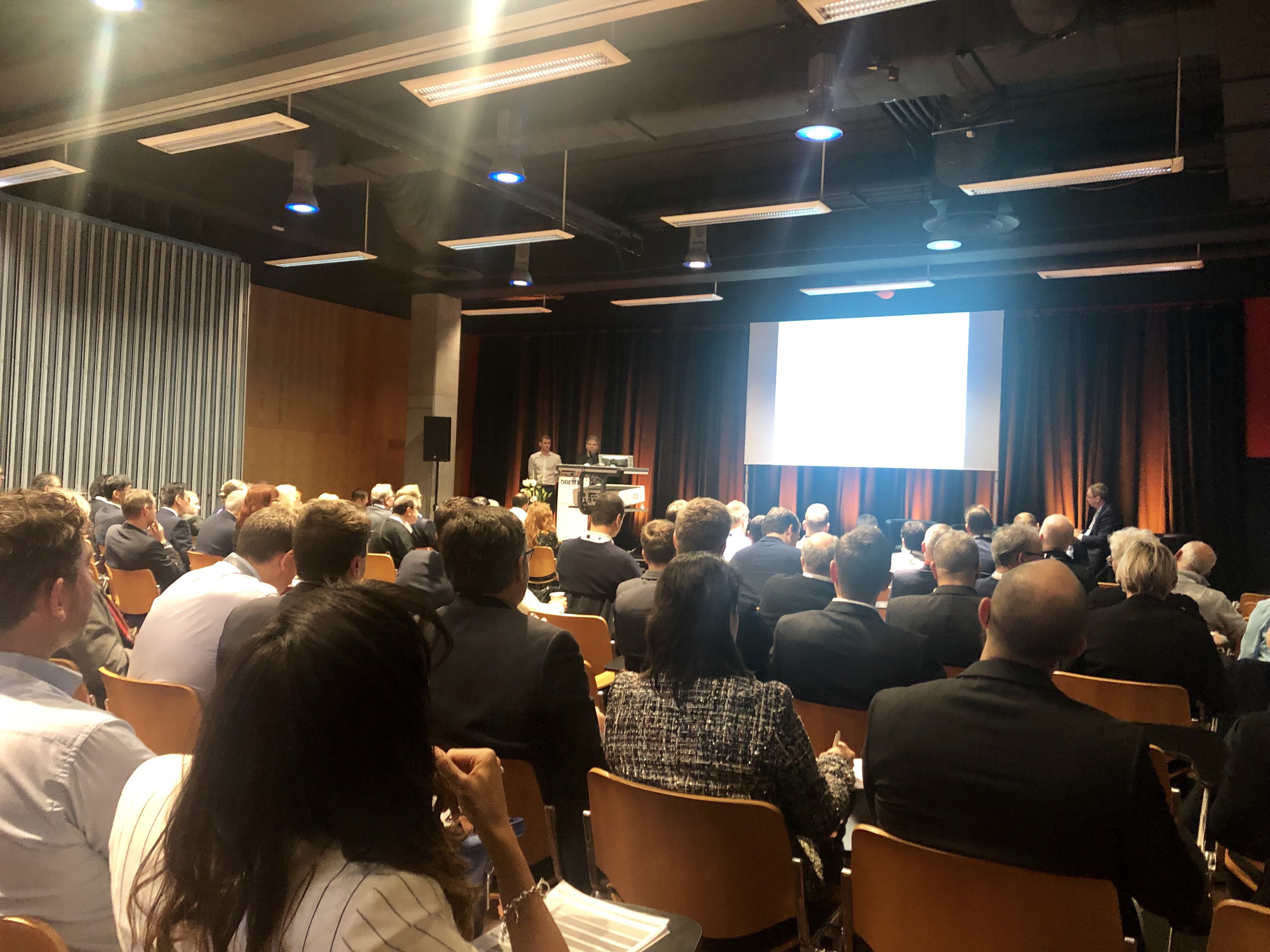
I am speaking this year on ‘Brexit, SmartBorders and border technology’.
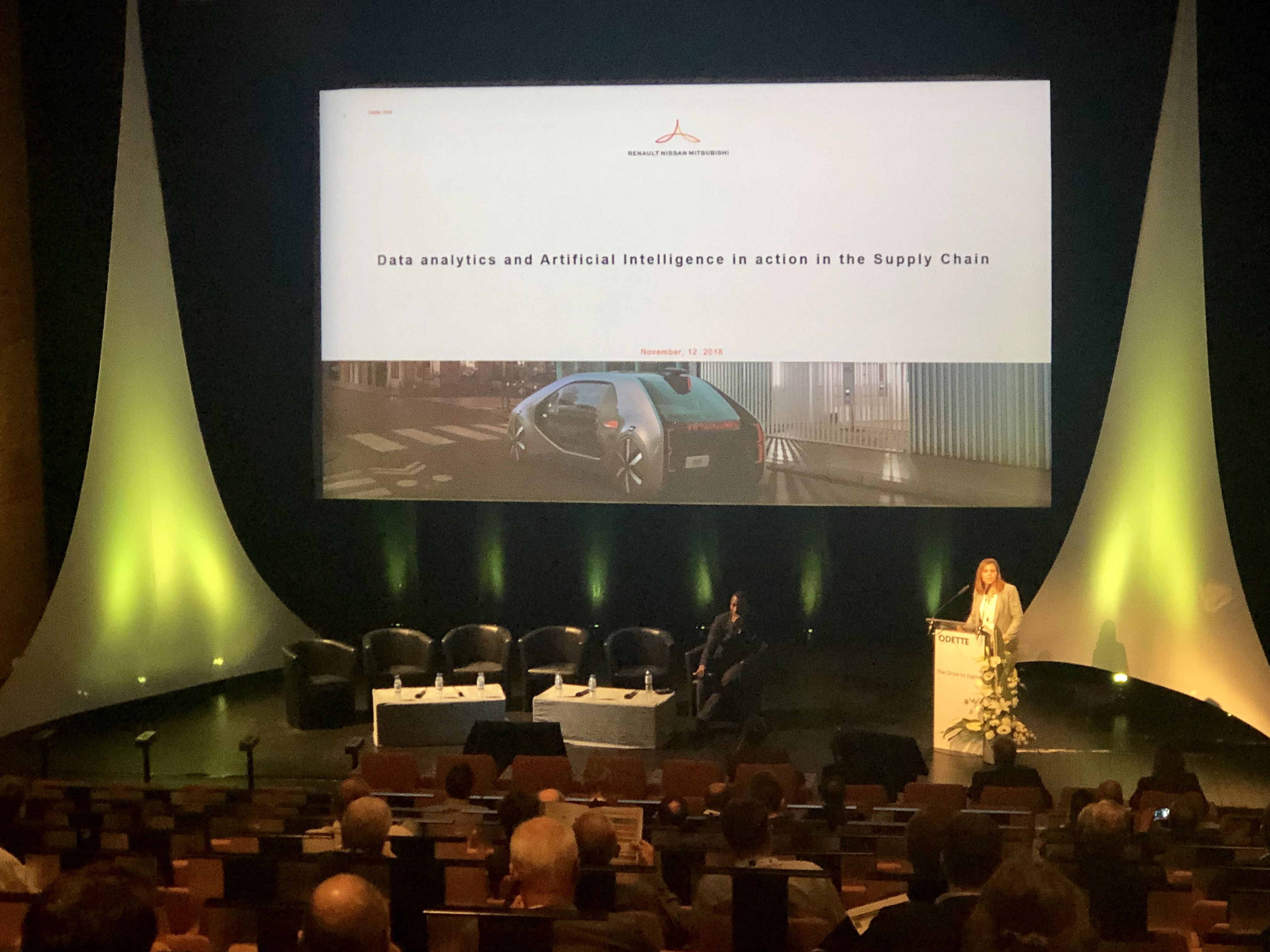
Great conference. Good crowd with a lot of nerds and gutks present. AI, IoT and Blockchain the major topics of this year (again).






You must be logged in to post a comment.